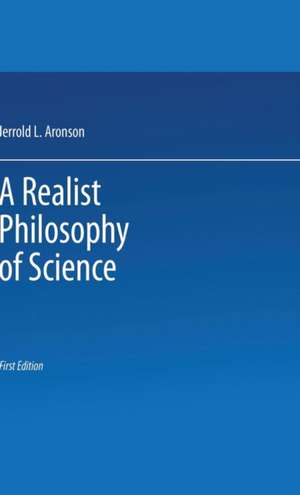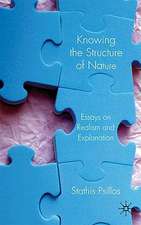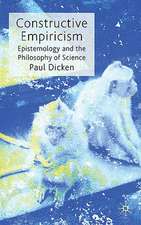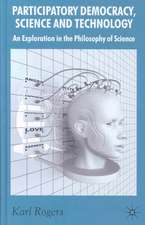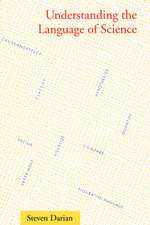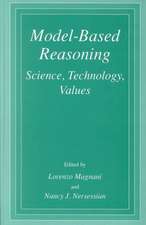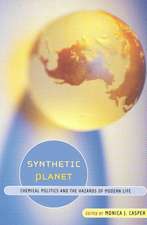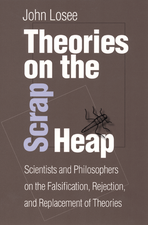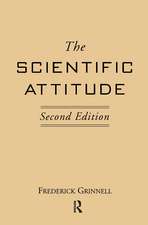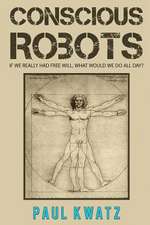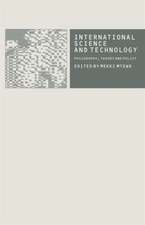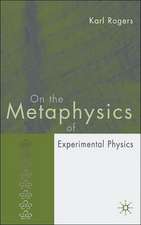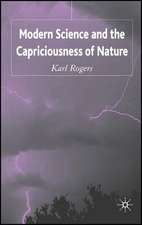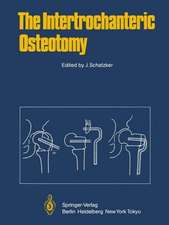A Realist Philosophy of Science
Autor J. Aronsonen Limba Engleză Hardback – 22 feb 1984
| Toate formatele și edițiile | Preț | Express |
|---|---|---|
| Paperback (1) | 942.94 lei 6-8 săpt. | |
| Palgrave Macmillan UK – 31 dec 1983 | 942.94 lei 6-8 săpt. | |
| Hardback (1) | 947.98 lei 6-8 săpt. | |
| Palgrave Macmillan UK – 22 feb 1984 | 947.98 lei 6-8 săpt. |
Preț: 947.98 lei
Preț vechi: 1156.07 lei
-18% Nou
Puncte Express: 1422
Preț estimativ în valută:
181.40€ • 187.14$ • 151.38£
181.40€ • 187.14$ • 151.38£
Carte tipărită la comandă
Livrare economică 26 martie-09 aprilie
Preluare comenzi: 021 569.72.76
Specificații
ISBN-13: 9780333353295
ISBN-10: 0333353293
Pagini: 278
Ilustrații: X, 278 p.
Dimensiuni: 140 x 216 x 21 mm
Greutate: 0.52 kg
Ediția:1984
Editura: Palgrave Macmillan UK
Colecția Palgrave Macmillan
Locul publicării:London, United Kingdom
ISBN-10: 0333353293
Pagini: 278
Ilustrații: X, 278 p.
Dimensiuni: 140 x 216 x 21 mm
Greutate: 0.52 kg
Ediția:1984
Editura: Palgrave Macmillan UK
Colecția Palgrave Macmillan
Locul publicării:London, United Kingdom
Cuprins
Preface PART I Introduction Logical Positivism The Deductive-Nomological Approach to Theory Hanson on the Nature of a Scientific Theory Science as a Human Activity: Kuhn's Concept of a Paradigm PART II Confirming Hypotheses Explanation and Ontology The Reduction of Theories Counterfactuals Conclusion: An Ontological Approach to Theories Index
Notă biografică
JERROLD L. ARONSON is Associate Professor of Philosophy at the State University of New York at Binghampton. He received his BS in physics at the University of Illinois and his PhD in philosophy at the University of Wisconsin. From 1967 to 1969 he was an Assistant Professor of Philosophy at Tufts University.
He has contributed to scholarly journals on such topics as causation and scientific explanation, the nature of theory reduction and issues pertaining to the philosophy of physics.
He has contributed to scholarly journals on such topics as causation and scientific explanation, the nature of theory reduction and issues pertaining to the philosophy of physics.
